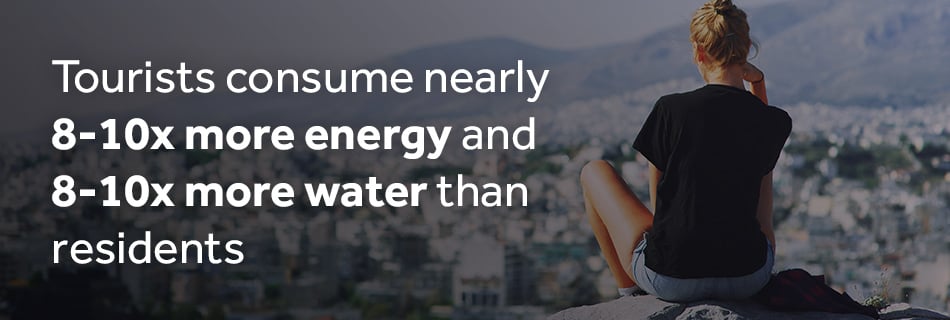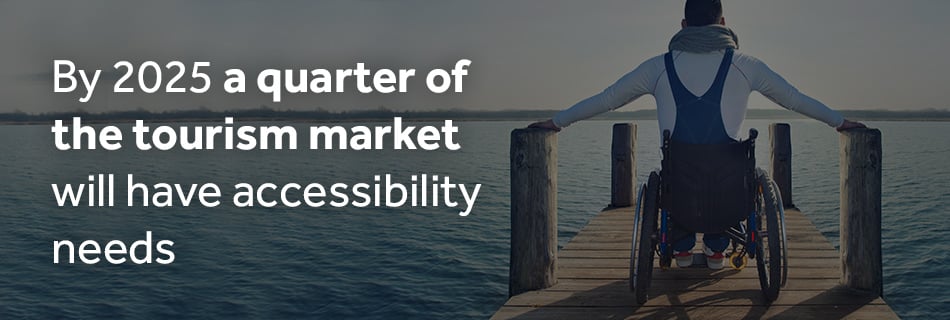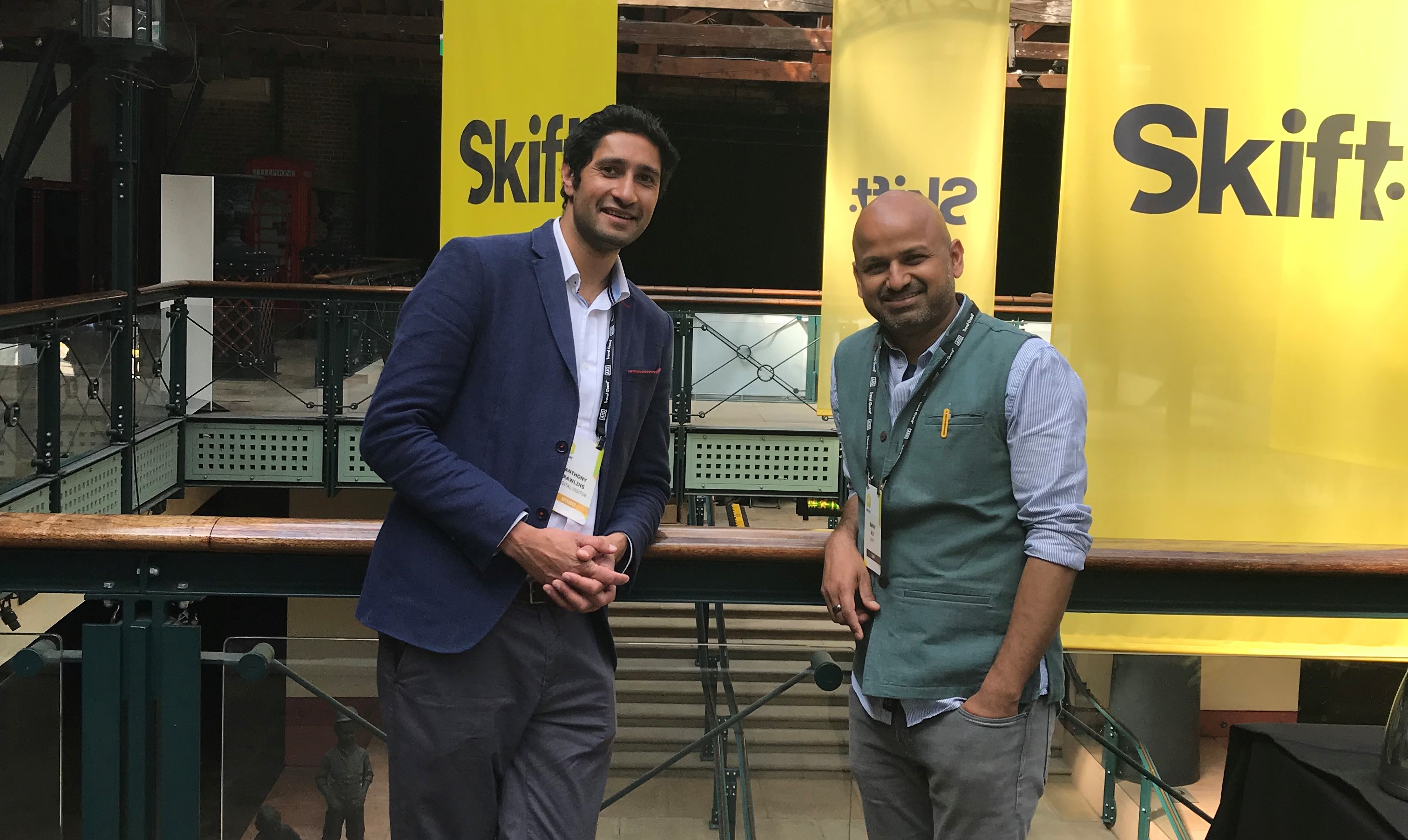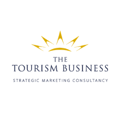The theme for Skift Forum Europe 2019 was ‘Defining the Future of Responsible Tourism’ and, while some speakers certainly tried to weave this narrative into their propositions, others outright nailed it. Read on for my highlights from the day.
Skift Europe brings renowned industry leaders on stage to discuss their companies, and the intersection of their ideas and the latest travel megatrends. There were many great sessions at Skift Forum Europe this year, but these were the highlights for me.
Rafat Ali, CEO and Founder of Skift
Rafat Ali opened the day by providing some insights into current trends in the industry (backed by that expansive Skift knowledge and experience). Aside from the ‘experience seekers’ and ‘foodies’ trends, a few of the more original trends he touched on were:
- Overtourism, a term coined by Skift, continues to grow
- Cities are capturing more and more people, becoming saturated with tourists
- Low cost airlines ate the world – well ain’t that the truth!
- Data is now water – an expectation of what a destination and certainly hospitality should provide
- Travel is now the geopolitical centre of the world
He closed with a question to keep in mind: What is travel’s responsibility to the world?
Keith Barr, CEO of InterContinental Hotels Group (IHG)
First up was Keith Barr who shared his thoughts about the constant pressure to scale in the hotel business. “Someone asked me, ‘Do you want to be the biggest?’ I said, I want to be the best,” he said. I couldn’t agree more!
Another interesting point was that ‘with dwindling consumer trust in government, is it up to corporations to display more authentic social responsibility and enrich and support communities?’ An interesting thought, but [insert religious icon of your choice] help us if corporations become our government, or is Trump in the White house a few steps towards this reality anyway?
Salli Felton, CE of the Travel Foundation
My favourite speaker of the day was Salli Felton who did an amazing job of highlighting the invisible cost of tourism and the responsibility that we have to address this. Key points that she raised:
- We often promote the positives of tourism – 10% global GDP, attracts investment, creates 107m jobs, contributes tax etc, but disregard and ignore many of the costs
- Today tourism manager measurables are the number of visitors, but what about the costs of all these visitors to the community and environment?
- Tourism is eroding the destinations we’re sending people to and surely it is unacceptable that this would the legacy of the industry?
- Tourists consume nearly 8-10x more energy and 8-10x more water than residents
- In Goa the average residents uses 14l of water a day, the average tourist is 1785l – yes 1785!
- Tourism bends to the will of aesthetics, so we find environments manufactured to appear like what people want – for example, in tropical regions, mangroves are not as pleasing as white sand beaches, so mangroves are removed (which of course is terrible for wildlife and coastal erosion).

Her conclusion is that tourism managers and the tourism stakeholders need to start reporting on better metrics and not just visitor numbers. They also need to balance the true cost of tourism to a destination, and manage this.
Stephen Cluskey, CEO of Mobility Mojo
I imagine that many people will cite Stephen Clusky as the most impactful speaker of the day. Stephen talked passionately about accessibility and did a fantastic job of focussing on the business case for organisations to develop their accessibility offering. He has influenced the highest level of government as an accessibility advisor, and he presented at Skift in order to compel the travel industries influencers and decision makers. Key points that he raised:
- By 2025 a quarter of the tourism market will have accessible needs
- Globally 1 billion people have an accessibility needs in some form
- 50% of these people don’t travel for two reasons:
-
- They don’t have the information they need
- They fear something going wrong when travelling
- Accessible needs customers stay longer – 3.3 days compared to 2.9 days
- Accessible needs customers also spend more – £210 compared to £199

I really hope his message got through, and whilst it’s sad we often need a one dimensional commercial lens to view and make business decisions, I applaud him for speaking in this language to effect the change he wants to bring. Bravo Stephen and an excellent way to sum it up: “there is new opportunity, not in new landscapes but by seeing with new eyes.”
The answer to the big question
So, what is travel’s responsibility to the world? Personally, I believe sustainability and responsible tourism is the next iteration of our industry and will really grow in importance over the next 5-10 years. Sustainable, responsible and transparent tourism will become not only nice to have, but a necessity and a right to play.
This needs to be led, not only by our forward thinking and responsible organisations such as such as Intrepid, The Travel Foundation and The Eden Project, but by our tourism and destination managers, and the stakeholders and government that they ultimately report into.
I would love to hear your thoughts on this, so please get in touch.













